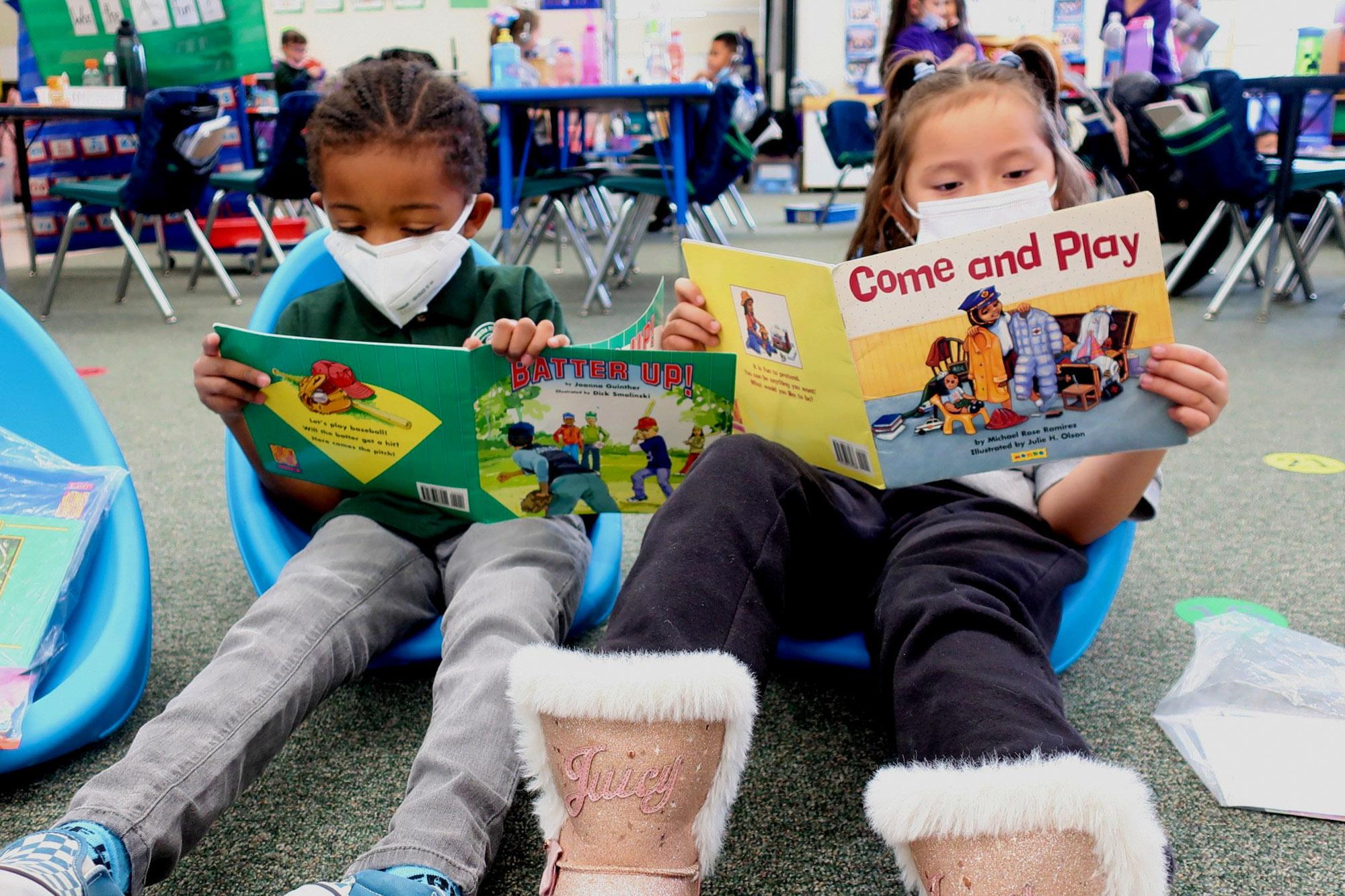
The pandemic has nearly doubled the number of children dealing with behavioral issues like depression and anxiety — the result of increased stress.
A new video series released by UCHealth aims to help parents and kids better identify when stress becomes an issue. KRCC's Abigail Beckman spoke with Dr. Kathy Sigda, a licensed child clinical psychologist and one of the creators of the videos.
Interview Highlights
On why children may continue to feel pandemic-related stress even as restrictions ease:

We would like to think that we could be done with the pandemic pretty soon here and everything would go back to normal, but from a children's mental health perspective, it really is not that simple.
We have kids who've spent two years of their lives in a very different social and emotional place than what used to be our normal. Two years is a really long time in the life of a child — so, you have a child who's say eight years old, [that's a] quarter of their life.
It's a huge amount of time and their brains have adapted to this new reality where they've been living under a lot of stress and anxiety. And they often don't have much of a memory of what life was like before the pandemic, particularly our younger children.
Having to readjust and reenter a social world, it's a very positive thing. And at the same time, it's a huge stressor for children who've been living in a different kind of a normal for a long time.
If you need help, dial 988 to reach the Suicide and Crisis Lifeline. You can also reach the Colorado Crisis Services hotline at 1-844-493-8255 or text “TALK” to 38255 to speak with a trained counselor or professional. Counselors are also available at walk-in locations or online to chat.
On signs parents can look for that their child may be struggling:
Signs of stress in children can look similar to those signs in adults, but they can also look pretty different; so having difficulty going to sleep at night, crying a lot, just feeling a sense of unease or anxiety or pressure worry, nervousness. But all also in children we can see acting out behaviors; we can see physical aggression; anger; outbursts; basically anything that is different than the child's "normal."
Parents know their kids best and when they're seeing sudden behavioral changes or sense that something is off, we need to pay attention to that.
On the importance of mental health vs. rebounding academically:
We will catch up on those academics that were missed. We are seeing lots of kids who are behind in various areas, but in some ways those benchmarks are fairly arbitrary as to at what point we expect certain levels of reading and math skills and those kinds of things. Those skills can be caught up more easily, but the social and emotional skills that were missed during remote learning are still lagging behind. Those are more concerning.
Responses have been edited for length and clarity.








